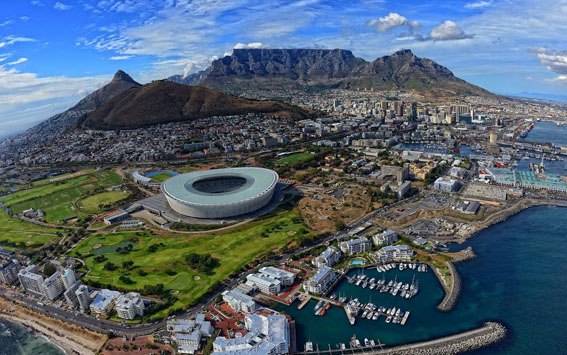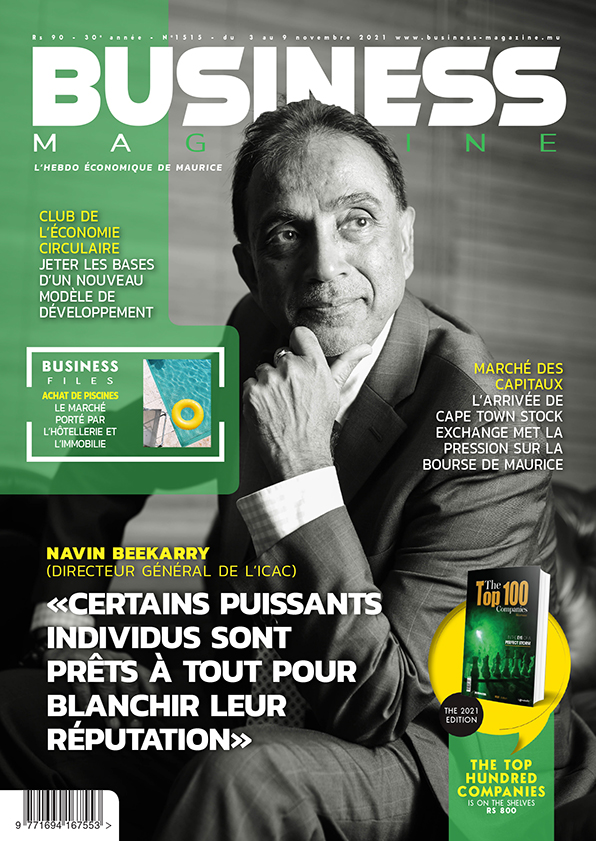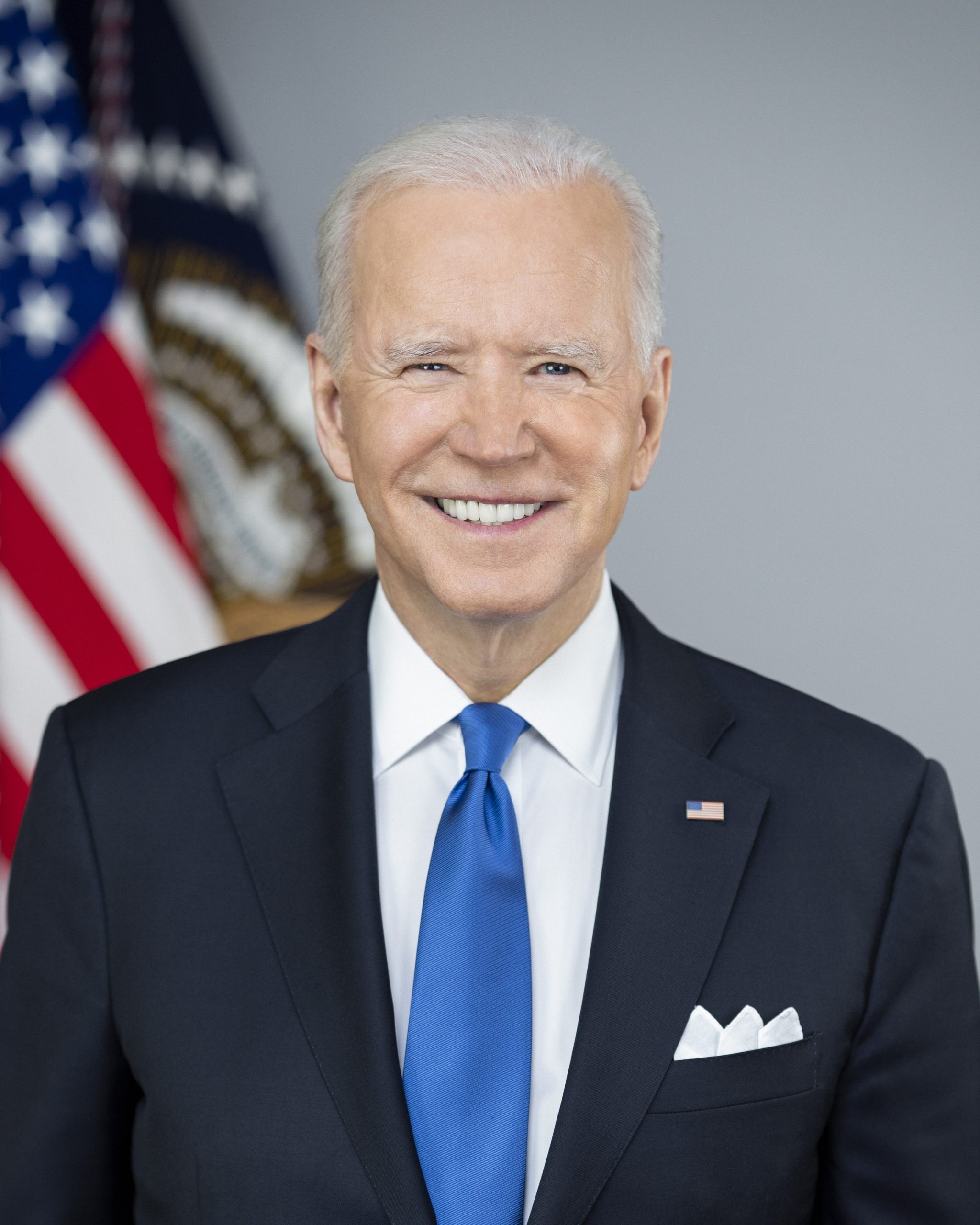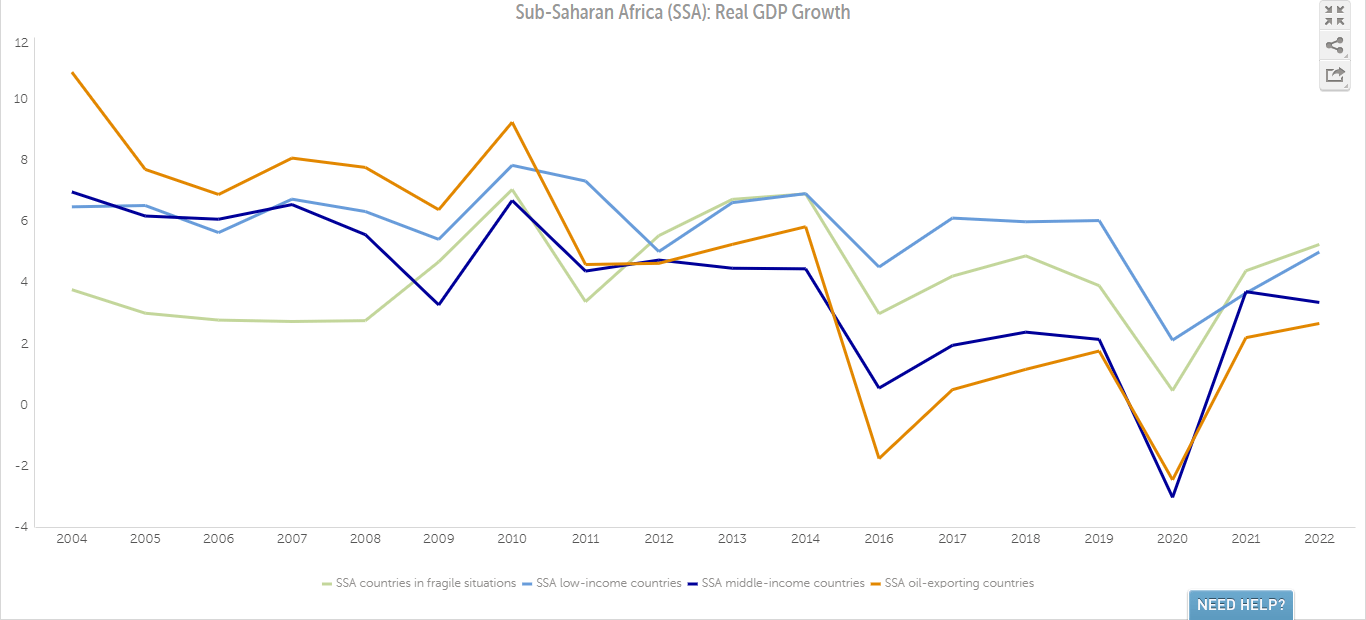South Africa, Mauritius’ real big brother
Share

Centuries old trade relations bind Mauritius and South Africa together. On the occasion of the South African national day, Freedom Day that is celebrated tomorrow, the 27th of April, Business Magazine focuses on the economic and diplomatic ties between our two countries.
The trade links between South Africa and Mauritius are as old as the European presence in the Indian Ocean. India and China were of great interest to Westerners in the age of the renaissance. For millenniums, merchants used the inland Silk Road that passed through Afghanistan up to the capital city of the ex-Ottoman Empire, Istanbul. When the first European powers sensed that it was time to find another route to the riches of Asia, they sent their merchants to circle Africa by ship. The coastal road was as dangerous as the inland one. The traders were exposed to the constant threats of pirate attacks. This is the reason why Mauritius and other surrounding islands started being used as bases. For traders, it meant a safe passage to India.
Trade links between South Africa and Mauritius date back to colonial times. But with the opening of the Suez Canal in 1869, Mauritius lost its status of first-class British colony. Though the Suez Canal meant less connectivity with the world for both countries, South Africa and Mauritius never stopped trading with each other. Not even during Apartheid times. In fact, successive Mauritian governments, pre and post-colonial, saw trade with South Africa as critical to the nation’s survival.
An article published in New York Times in 1987 describes the importance of trade with South Africa in the eyes of the Mauritian political class in post-colonial times. When the journalist asked Vishnu Lutchmeenaraidoo why he maintained trade links with South Africa despite growing pressures for tough economic sanctions, the then Minister of Finance answered that “Mauritius was too small and too poor to bear the brunt of any retaliation against South Africa”.
SA’s interests in Mauritius
Back then 10% of imports already originated from South Africa. In Armand Maudave’s opinion, quoted in the same article, if Mauritius was to boycott South Africa and import from elsewhere, the cost of living would up by 30% overnight. On the 27th April 1994, South Africa officially put an end to Apartheid and full diplomatic links were established between our two countries, making Armand Maudave’s words more than ever relevant as bilateral trade increased by more than 45% since 2000.
In 2014, a year during which South Africans invested massively outside their country, a visiting professor in political economy, Lyal White from the Gordon Institute of Business Science (GIBS), Business School of the University of Pretoria, cited data compiled by the Standard Bank: 45% of the money invested in African countries was destined to Mauritius. The fact that Mauritius was picked out of all the other fast developing economies in Africa, in the likes of Nigeria and Kenya, according to Lyal White, means that Mauritius has a huge potential as a recipient for South African investment. In that year, outward South African was worth $ 134 billion.
According to the Board of Investment (BOI), Mauritius received some Rs 1.5 billion in that year. BOI figures show that between 2011 and 2016, South African investment was highest in 2012 when it was at Rs 5.3 billion. Last year, South African investment amounted to Rs 1.9 billion.
Figures from the Mauritius Chamber of Commerce and Industry (MCCI) show that in 2014, 7.1% of Mauritian exports were destined to South Africa while 6.6% of our imports in the same year were from South African origin. While the regional market represents 20% of our total exports, South Africa is by far our largest market in the region with a 40% share, with textiles and clothing making up the main commodity we are selling there.
Last year, Mauritius exported some Rs 76.3 billion worth of goods while we imported some Rs 12.3 billion from them.
Businessmen and millionaires
Who are the South African nationals living and doing business in Mauritius? According to the First Secretary, Sharon Ramudzuli, who is also acting as High Commissioner of South Africa in Mauritius, mainly millionaires would do their homework before settling down and would meet all the requirements of the BOI.
Andy Chin Chew, Credit Guarantee Insurance’s marketing and sales manager, a company which gives insurance coverage to South African businesses based in Mauritius and engaged in external trade, points out that some of them though they may have small operations in Mauritius are regional magnates trading in the chemical and energy sector.
The South African Chamber of Commerce (SACOC) Mauritius president’s, Richard Robinson, who is also the director of International-Assurance based in Grand Bay, notes that South African nationals living in Mauritius are mostly concentrated in Grand-Baie and Black-River. They make up 0.2% of the Mauritian population, which is 1.2 million high.
Since 2007, South Africans are only second to the French when it comes to foreigners buying property in Mauritius. What has motivated his countrymen to buying in Mauritius? Richard Robinson answers that the desire of buying hard currency assets in the face of a depreciating Rand has been the main factor. However, he believes, there may be more and more who will be buying on our shores. “South Africa is in a state of flux at the moment. We are witnessing a groundswell of dissatisfaction with the political situation in the country,” he explains. And this may encourage others to relocate here.
Producers vs importers
Mauritian producers are being more and more feeling dissatisfied with government’s free trade policy. They are suffering from South African competition, according to them. In the paints industry, for example, where two main Mauritian manufacturers operate, Mauvilac and SOFAP, strong competition is faced from Dulux, a South African brand. Mauvilac, which still dominates the domestic market (50%), fears that Dulux will eat away its local market share.
South Africa, a regional superpower
South Africa’s Gross Domestic Product (GDP) was worth $ 315 billion in 2015. Despite facing a number of problems on its domestic front, with regular civil unrests motivated mainly by anger against the gap between the rich and the poor, this nation is still by far Africa’s most developed economy. In an era where investment in high-end technology determines the capacity of a nation to keep on producing wealth in the decade, South Africa beats all its competitors in innovation. Out of the 300 tech hubs across Africa recorded by GSMA Ecosystem Accelerator Innovation fund in 2016, 54 were found in South Africa. Egypt and Kenya follow with 28 and 27 respectively.









